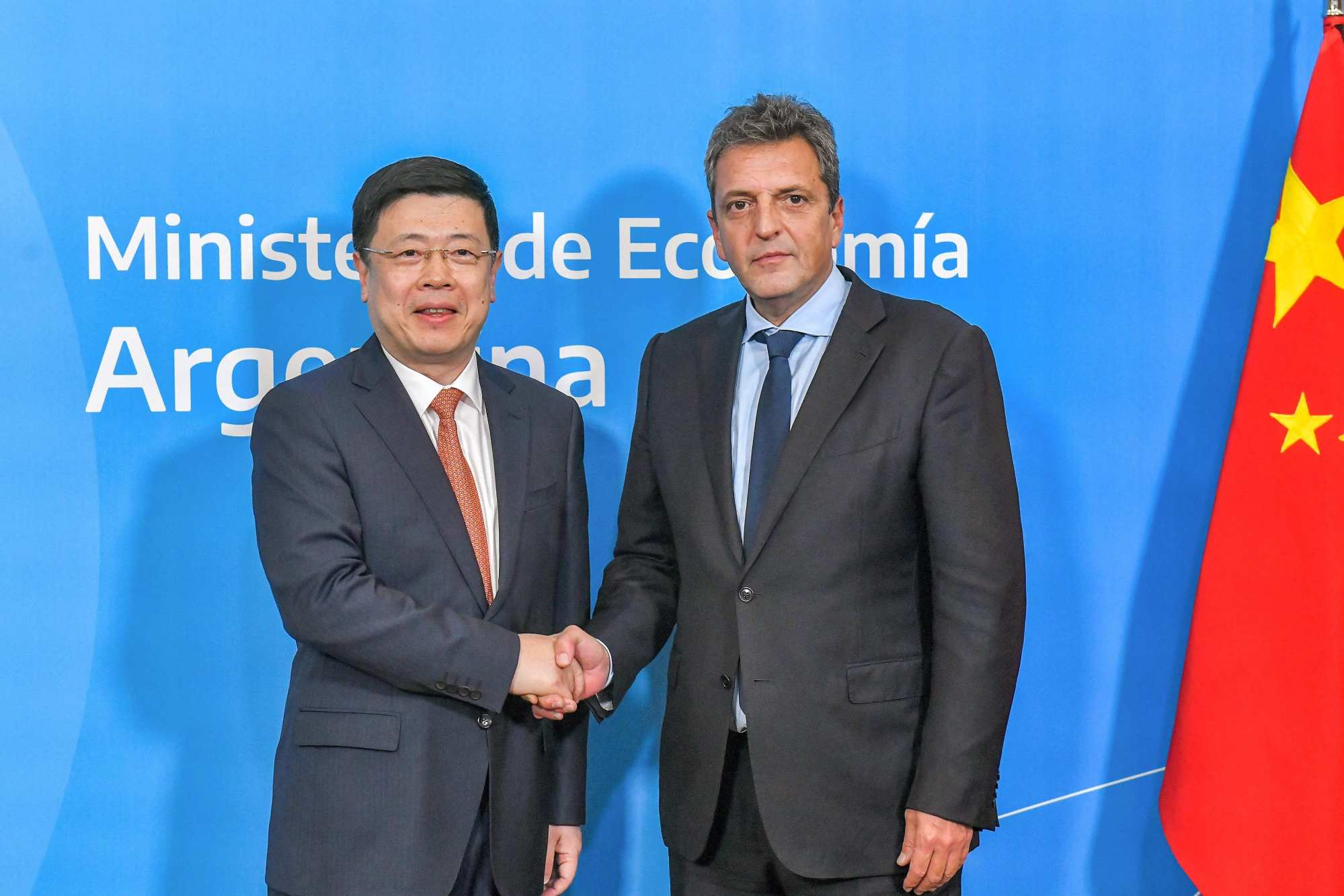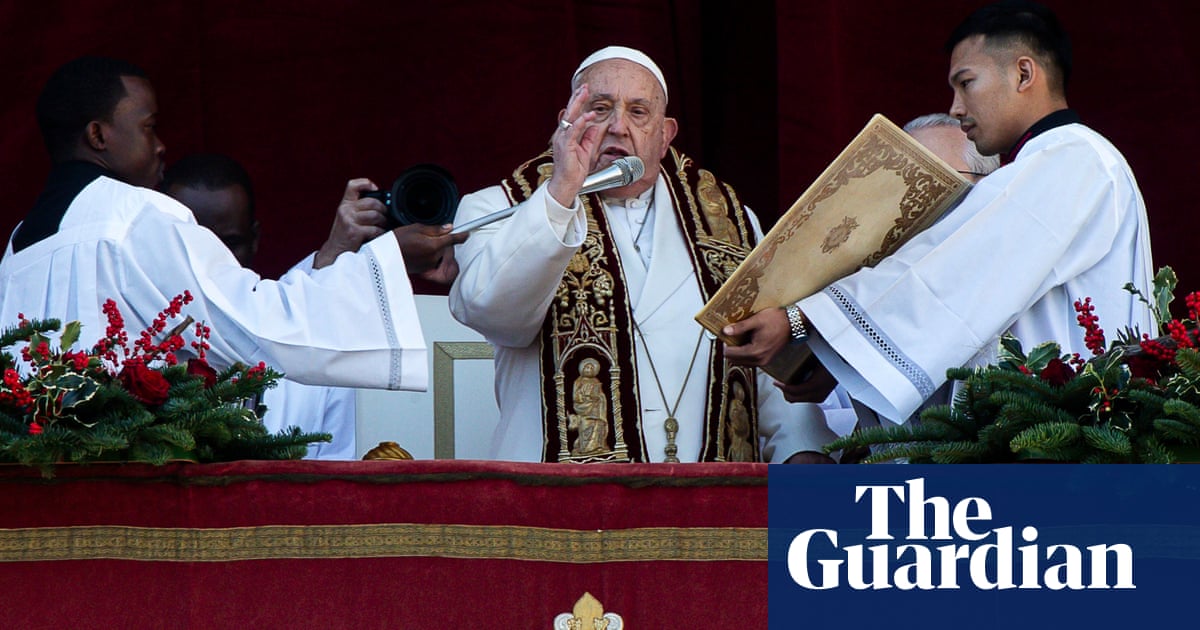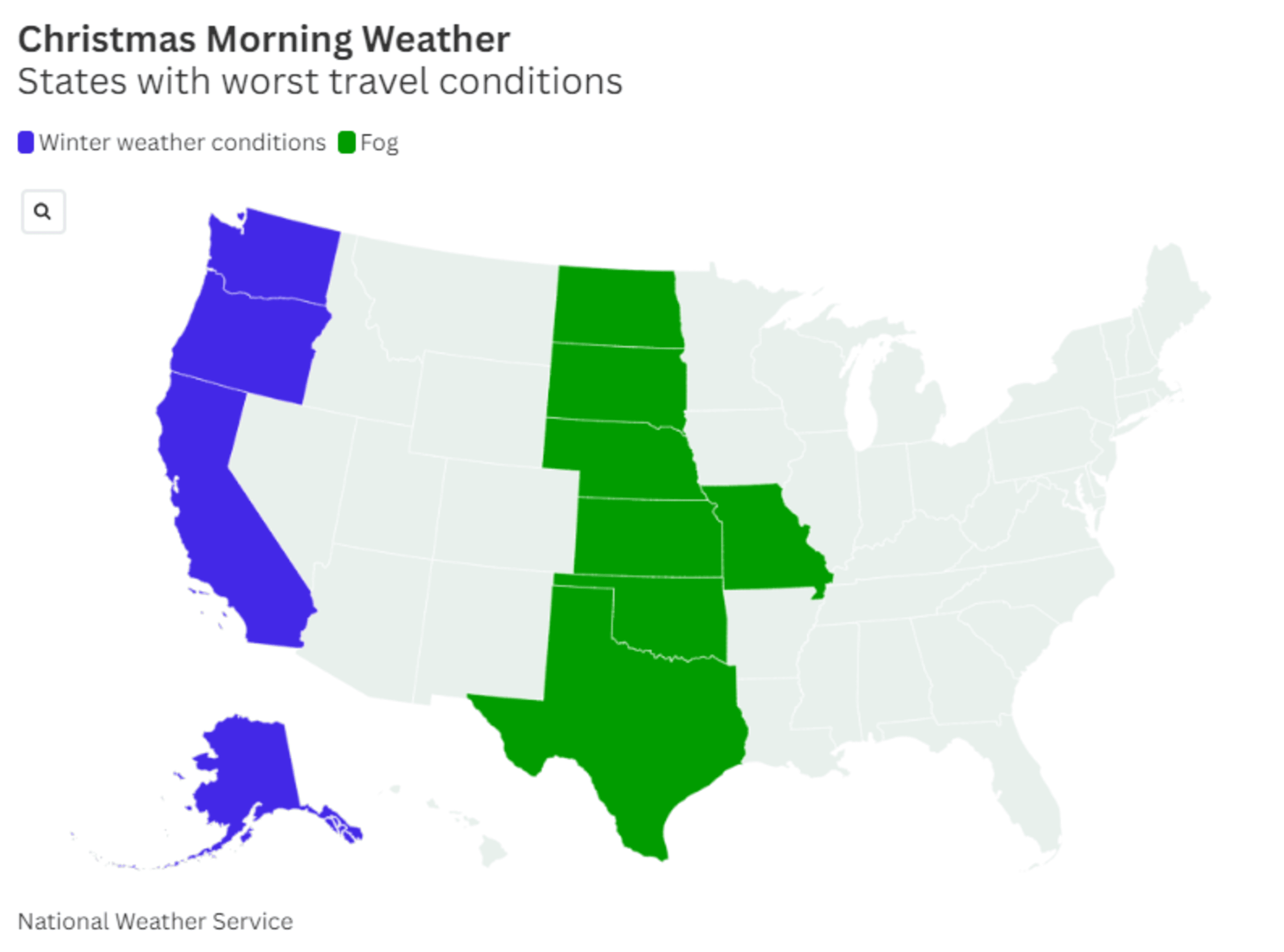World
Opinion | As Asian discontent grows, will it take a world war to reform the IMF?

Earlier this week, the IMF’s Independent Evaluation Office published a report, “The Evolving Application of the IMF’s Mandate”, challenging the “comprehensiveness, inclusive decision-making, transparency and even-handedness” of the IMF when operating in certain policy areas.
Fundamental governance and quota reforms are needed within the IMF, as Rajan (a former Reserve Bank of India governor and now a University of Chicago economics professor) put it. But whether a world divided politically, polarised economically and literally at war in places can agree on such far-reaching reforms is, to put it politely, moot.
Like any multilateral body, the IMF enjoys only as much power as its (fractious) owners are prepared to give it. It sometimes seems that great reforms follow only on the heels of great wars, and that has been the case for a long time, not least after the second world war. Nations, systems and cultures clash and from the battered and exhausted remains emerges renewed idealism – for a while.

Would we be that worse off without it? The IMF has after all had its share of policy mistakes, such as those made during the 1997 Asian financial crisis when Washington-based economists mistook the fundamental nature of the crisis and the IMF imposed faulty solutions.
We will in all probability need some form of world government to deal with such mega crises and we will need it in a hurry. Yet there is no such entity in sight on the political front and the next best place to look is at the multilateral institutions – not least the IMF.
As Rajan put it, the IMF should be able to “offer an independent voice on national policies – especially those that threaten the country’s macroeconomic stability – and serve as lender of last resort for countries that lose the trust of the markets”.
It should also be able to steer countries towards policies that support the fair exchange of goods, services and capital and complement the WTO. Above all, it should be able to offer an independent voice on national policies. Yet, as Rajan puts it, the IMF’s “anachronistic structure leaves it ill-positioned to carry out all of these functions”.
This structure, argues Rajan, has no basis in logic or in the economic size of IMF member countries, reflecting instead “the Western alliance’s desire to hold on to power”. If, he added, IMF members do reform quotas and governance simultaneously, an independent IMF could bring a fragmenting world together on key issues.
From my experience as a journalist in covering IMF affairs for more than 40 years, I would say “Amen” to that but I would also expect true reform to follow only in the wake of further crises whose nature could prove to be dramatic and traumatic.
Anthony Rowley is a veteran journalist specialising in Asian economic and financial affairs










